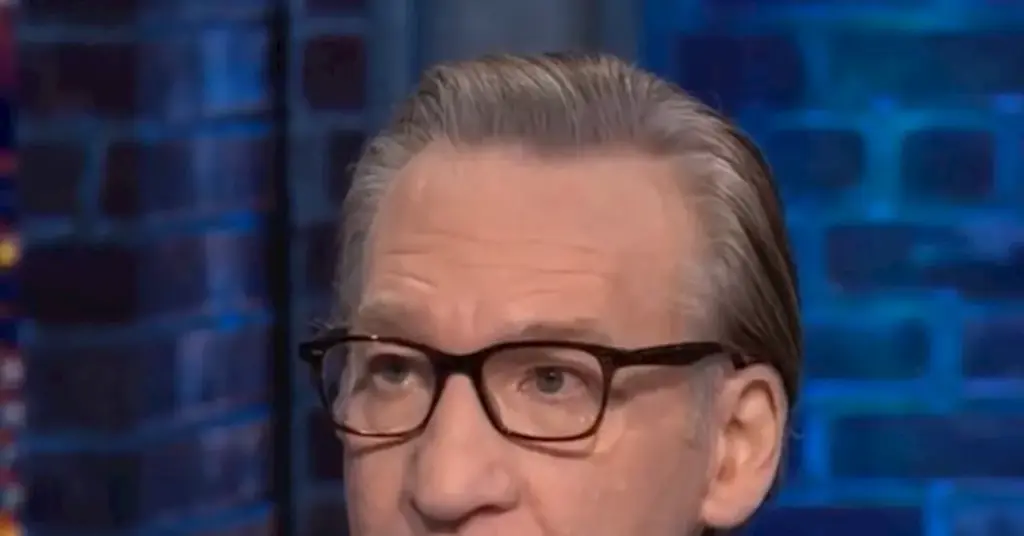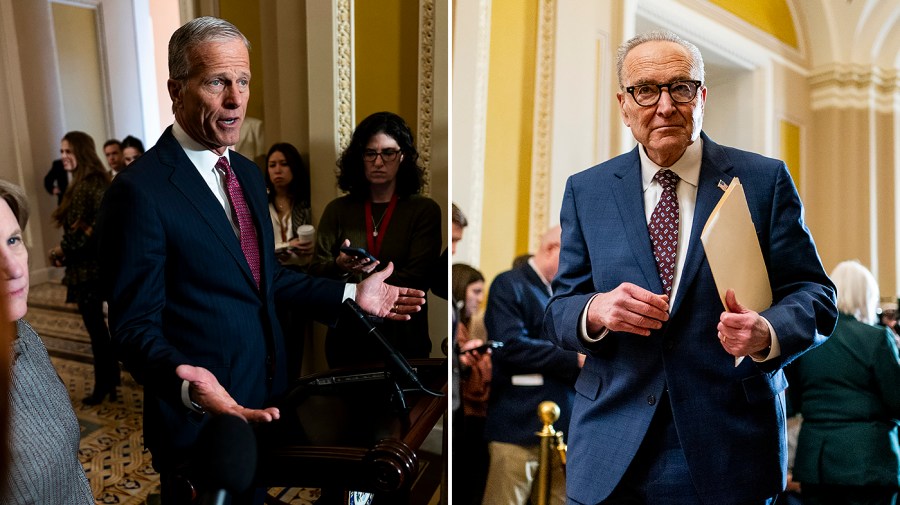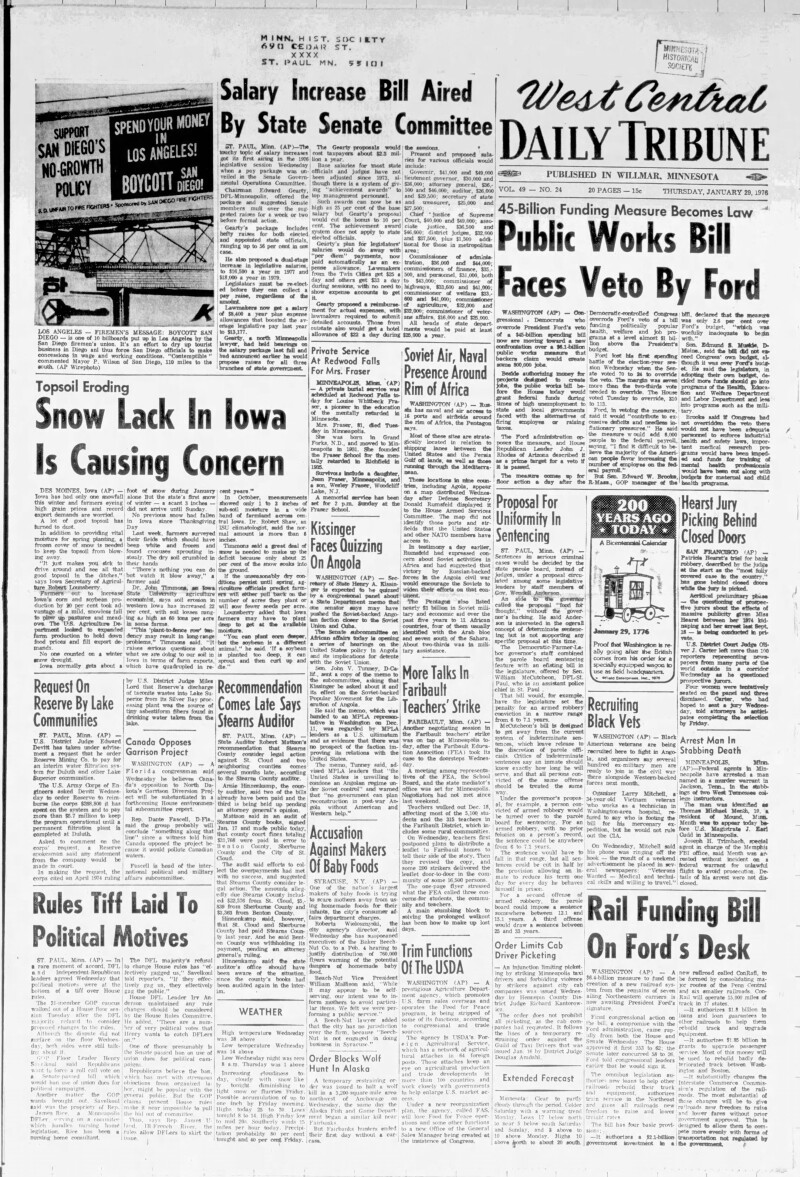
During his closing monologue on the latest episode of HBO’s “Real Time,” host Bill Maher addressed what he perceives as a troubling trend among younger liberals who resort to violence. He emphasized that while this behavior exists, it does not represent the majority of the Democratic Party. Maher also criticized the Republican Party for elevating extremists within its ranks.
In his remarks, Maher stated, “Republicans have to be honest about who these days is more deranged.” He referred to the term “Trump derangement syndrome,” acknowledging some validity but arguing that Donald Trump‘s actions—such as ignoring court orders and using the Justice Department for partisan purposes—are unprecedented. He described these actions as justifiable grounds for concern rather than derangement.
Maher specifically pointed to remarks made by House Speaker Mike Johnson, who claimed that the Democratic Party’s base includes “Hamas terrorists, illegal aliens, and violent criminals.” Maher challenged this characterization, stating that while there are pro-Hamas college students and Democrats with lenient immigration views, the vast majority do not fit these extreme labels. He highlighted the peaceful nature of recent protests, citing that approximately 7 million people participated without incident, contrasting this with the violence that occurred during the January 6 insurrection.
The host acknowledged a rising issue within the younger liberal demographic, referring to “20-somethings who throw kisses at extremists and firebombs at Tesla dealerships.” He expressed concern about their willingness to embrace violence but noted their tendency to avoid real-life risks, suggesting that this generation often opts out of personal connections and commitments. “I’m not sure they can screw America if they can’t screw each other,” he quipped.
Maher underscored that both political sides have their share of extremists, conceding that while the left may have individuals who advocate for violence, the right has integrated its extremists into elected positions. He remarked, “Unfortunately, that place is elected government,” reflecting on the normalization of radical elements in political structures.
In a broader context, Maher sought to demystify the Democratic coalition, portraying it as a diverse group that includes “black ladies who go to church, white suburban moms, and gay uncles.” He countered the prevailing narrative of the left as a monolithic entity pushing for authoritarianism, urging a more nuanced understanding. “This insane caricature of the left as ruthless Communists about to force you into gulags… this has got to stop,” he asserted.
He concluded by urging both sides to acknowledge their respective challenges without resorting to extreme characterizations. Maher’s comments reflect ongoing tensions in American political discourse and highlight the need for a balanced dialogue regarding violence and extremism across the political spectrum.






